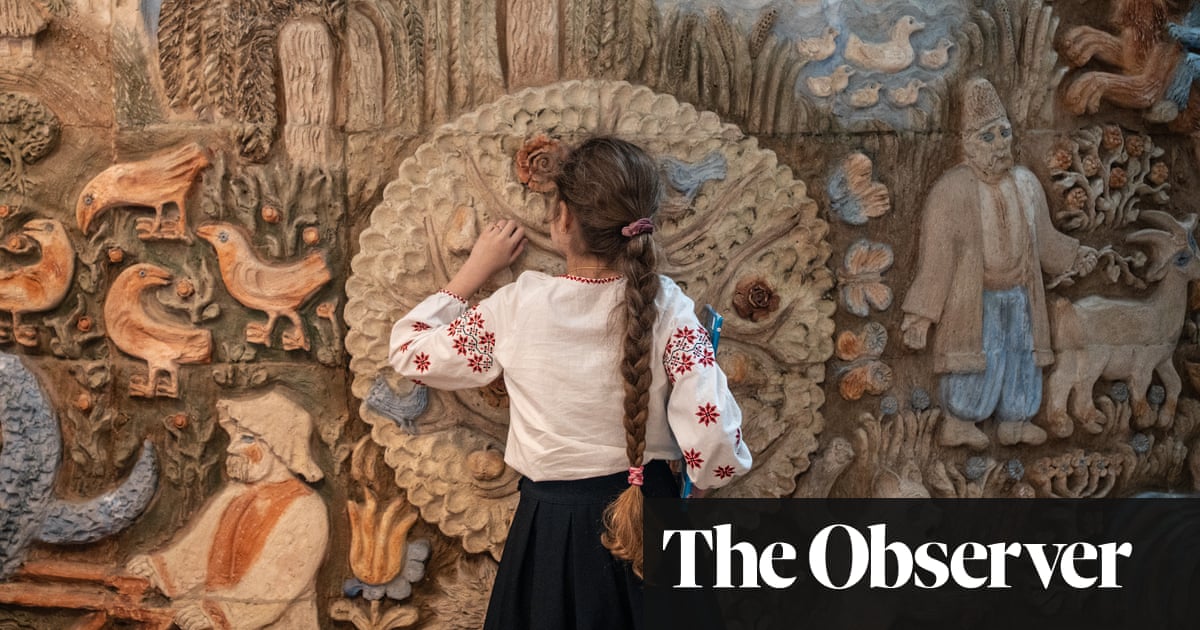
JEDDAH: Racehorses often face years of neglect or even abandonment when their track careers come to an end, but at Alyaa Al-Sharif’s family stables these majestic animals are promised love, care and protection.
Al-Sharif, who has spent her life around horses and trained as a showjumper for seven years, is spreading her message of animal welfare and ethical training through the Rise Equine Initiative.
“If I hadn’t taken these horses in, they would just stay in their stables, completely abandoned,” the 22-year-old trainer told Arab News.
I grew up with racehorses all around, and I have seen how the horses get abandoned after their racing careers.
Alyaa Al-Sharif
During her time as a showjumper, Al-Sharif liked to connect with horses that were taken off the track.
“I would always return to the horses. Sometimes they were a little difficult to ride and I would fall off a lot, but I still kept trying,” she said.
“I belong to a family that specializes in breeding and racing horses in and outside the Kingdom. I grew up with racehorses all around, and I have seen how the horses get abandoned after their racing careers. Some don’t get the treatment they deserve.”
When Al-Sharif turned 18, she took matters into her own hands. “There were many people who disagreed with that, but so many more who would tell you to do unkind things,” she said.
Ex-racehorses living their best life under the care of 22-Year-old Alyaa Al-Sharif. (Supplied)
“When I first faced behavioral issues with my horses, I didn’t know who to turn to. Most of the advice was to hit them or shout at them. People told me that I was too emotional. On the contrary, a horse that wasn’t scared of me worked better with me.” HIGH LIGHTS
• Alyaa Al-Sharif, who has spent her life around horses and trained as a showjumper for seven years, is spreading her message of animal welfare and ethical training through the Rise Equine Initiative.
• The Arab News team saw first-hand how the horses can reach their potential. The animals in Al-Sharif’s care run free, eating, playing and rolling around on the grass with the cold breeze of a Jeddah winter in their manes.
The Arab News team saw first-hand how the horses can reach their potential. The animals in Al-Sharif’s care run free, eating, playing and rolling around on the grass with the cold breeze of a Jeddah winter in their manes.
Al-Sharif has an equine psychology diploma, but said that even before beginning her studies she was aware that horses are frequently treated badly.
Al-Sharif’s goal in the future is to start a center to help people having problems with their horses’ behavior.
However, she was fortunate enough to be trained by “aware” trainers who helped her to develop her own perspective on how to treat horses.
The young trainer is working hard to do as much as she can for the majestic creatures. She trains people to ride their horses ethically, without fear or intimidation.
“I try to understand how the horses think. Horses are prey animals, and their first instinct is to protect themselves, not curiosity. I try to make a change and help them be curious by eliminating fear.”
Mariyah Mousa, a 22-year-old university student who is being taught to ride by Al-Sharif, said that the first thing other trainers would do was hand her a whip.
“That did not sit well with me. I didn’t feel comfortable hitting a horse. The horse was acting up because of a mistake I was making, and it didn’t make sense for me to hit a horse for my mistakes,” she said.
Al-Sharif, who often acts as a rich source of knowledge on the subject, helped Mousa connect to the horses in a way that was missing in her other riding lessons.
The trainer said that she uses positive reinforcement instead of punishing a horse for supposedly misbehaving. Al-Sharif rewards the animals when they cooperate, showing them what to do instead of what not to do.
Al-Sharif’s journey as an ethical trainer began with a three-year-old mare whose performance on the racetrack was deemed poor.
“I did the basic groundwork for her, how to desensitize, and how to not be afraid of external stimuli. After her, I had the opportunity to take eight horses off the track. It was demanding but rewarding.”
Al-Sharif takes pride in seeing how far these horses progress.
“I faced a lot of issues with their health. Some were aggressive and scary to deal with. I am glad that I found ways to deal with that. Another thing that really makes me happy is how much this resonates with people. A lot of people agree with my cause, and agree to help and support animal rights. It makes all of my efforts worthwhile.”
Al-Sharif’s goal in the future is to do as much as possible for abandoned horses and also start a center to help people having problems with their horses’ behavior.
She hopes the center will become “a hub of horsemanship and gain the trust of people regarding their horses.”
Al-Sharif believes in educating people about horses and is offering workshops dedicated to solving a variety of common behavioral problems.
Joanne Milyani, was also at the site, has learned to let go of her fear of horses thanks to Al-Sharif’s teaching.
“I am very proud of her,” Milyani told Arab News. “She brought me to the stables and told me that the horses don’t just bite but only do so because they want to express their feelings. Understanding them helped me get over my fear.”
She added: “The one thing I want to say to people who are scared is that the horse does not want to hurt you or inflict pain.”
Al-Sharif urged people to do their own research and question traditional training methods.
“Just because it has been happening (for a long time) does not mean it’s the right thing,” she said.











